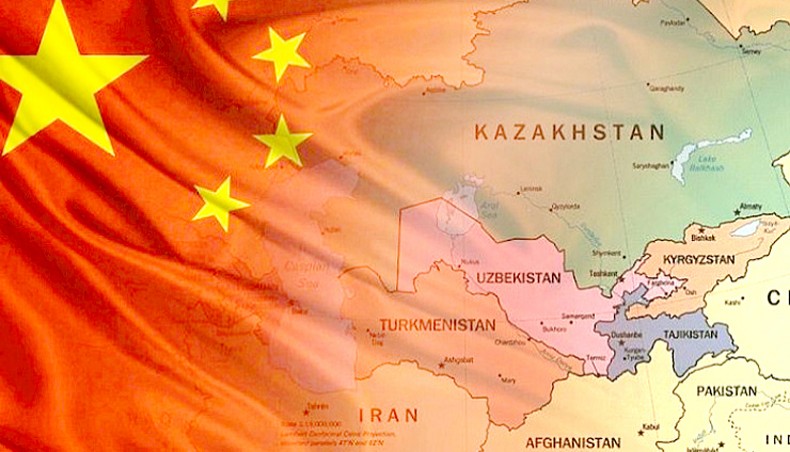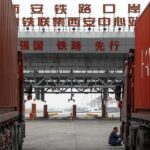Summary by Geopolist | Istanbul Center for Geopolitics:
The article explores China’s evolving strategic focus as it navigates both land and sea interests. Key points include:
- New Diplomatic Roles: China has brokered a significant agreement among Palestinian factions for a temporary government in Gaza and the West Bank. This move signifies China’s emerging role as a mediator in Middle Eastern conflicts.
- Recognition of the Taliban: By recognizing the Taliban envoy, China has become the first to grant de facto recognition to the Taliban government. This gesture aligns with China’s strategic interests, including the construction of a crucial oil pipeline through Afghanistan.
- Balancing Challenges: China faces the challenge of managing its expanding land-based responsibilities alongside ongoing maritime issues. Tensions in the South China Sea and disputes with neighboring countries underscore the complexity of China’s strategic position.
- Historical Parallels: The article draws a parallel between China’s current situation and the Ming dynasty’s shift from maritime exploration to land-based focus. It suggests that China might prioritize continental security over maritime expansion if current diplomatic and security challenges persist.
- Future Directions: Recent diplomatic successes in regions like Ukraine and Gaza could signal a potential shift from maritime to land-based priorities. China’s strategic recalibration may impact its approach to regional conflicts and international relations.
Read more here.
Source: South China Morning Post







